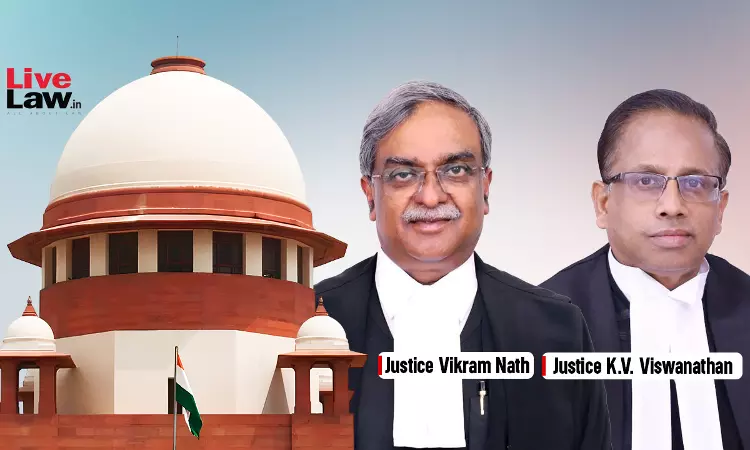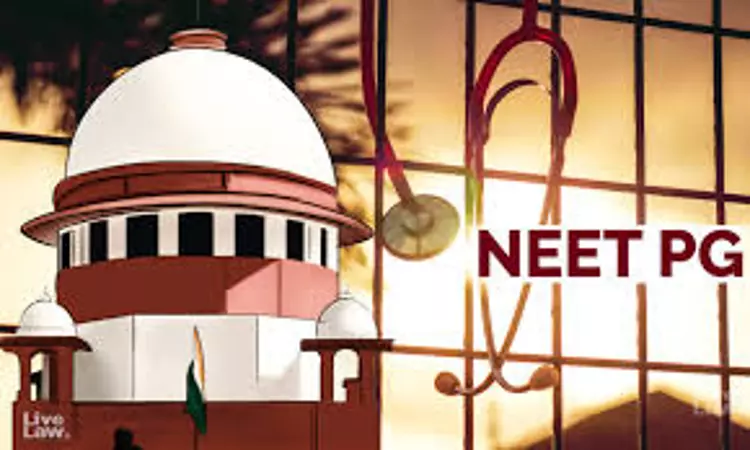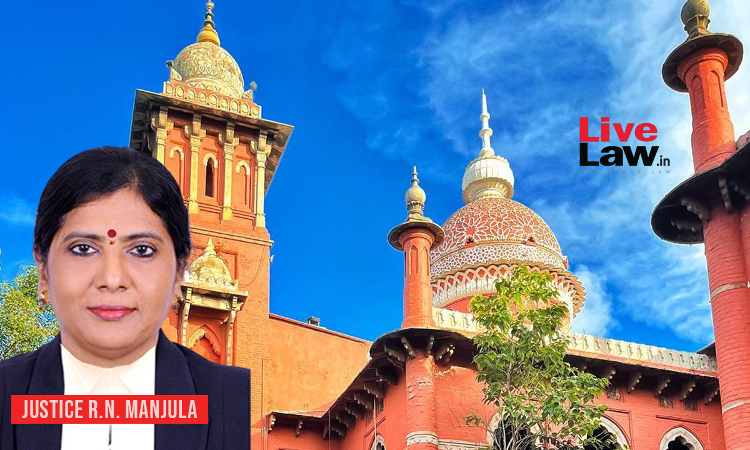Employee Appointed Through Valid Process Can't Be Denied Regularization If Performing Permanent Role For Considerable Time: Supreme Court
26 Apr 2024 9:17 PM

The Court distinguished the 'Umadevi' case dictum by noting that it has differentiated between "illegal" and "irregular" appointments.
Listen to this Article
The Supreme Court held that procedural formalities cannot be used to deny regularization of service to an employee whose appointment was termed "temporary" but has performed the same duties as performed by the regular employee over a considerable period in the capacity of the regular employee.
Setting aside the High Court's decision which had declined to regularize the employment of employees who were serving continuously in the capacities of regular employees, the Bench comprising Justices Vikram Nath and KV Viswanathan observed that since the employees were appointed through a valid selection process akin to the selection process of the regular employee and were serving continuously for about 25 years, therefore, "the failure to recognize the substantive nature of their roles and their continuous service akin to permanent employees runs counter to the principles of equity, fairness, and the intent behind employment regulations."
"The continuous service of the appellants in the capacities of regular employees, performing duties indistinguishable from those in permanent posts, and their selection through a process that mirrors that of regular recruitment, constitute a substantive departure from the temporary and scheme-specific nature of their initial engagement.", the order dictated by Justice Vikram Nath said.
Before the Supreme Court, in support of the High Court's decision to reject the regularization of the appellants/employees' service, the respondent upon placing reliance on the Judgment of Secretary, State of Karnataka vs. Umadevi contended that the appellant's employment under a temporary scheme could not confer upon them the rights akin to those held by permanent employees.
Umadevi's Distinguished By Supreme Court
The court held that the High Court had incorrectly applied the ratio of Umadevi in the present case. The court in Umadevi termed appointments through back door entry as irregular and invalid. Distinguishing Umadevi's case from the present case, after recording that the appellants have gone through the valid selection process by appearing in the written exams and viva voce, the court held that service conditions of the appellants warrant a reclassification from temporary to regular status.
It is worthwhile to mention that in Umadevi's case, the court had distinguished between “irregular” and “illegal” appointments underscoring the importance of considering certain appointments even if were not made strictly in accordance with the prescribed Rules and Procedure.
"The appointment cannot be said to have been made illegally if they had followed the procedures of regular appointments such as the conduct of written examinations or interviews as in the present case.", the court observed while referring to Umadevi.
Accordingly, the court allowed the appeal and directed the regularization of the appellant's services.
Case Title: VINOD KUMAR & ORS. ETC. VERSUS UNION OF INDIA & ORS.
Citation : 2024 LiveLaw (SC) 330






























.jpg)
.jpg)



.png)


.jpg)


.jpg)
.jpg)










.jpg)











.jpg)
